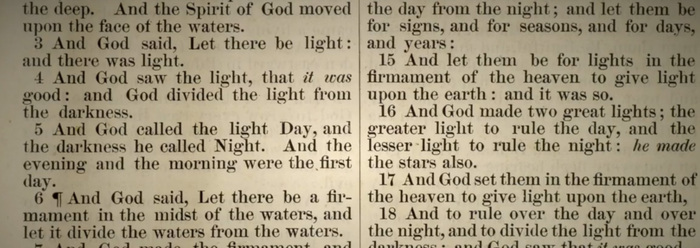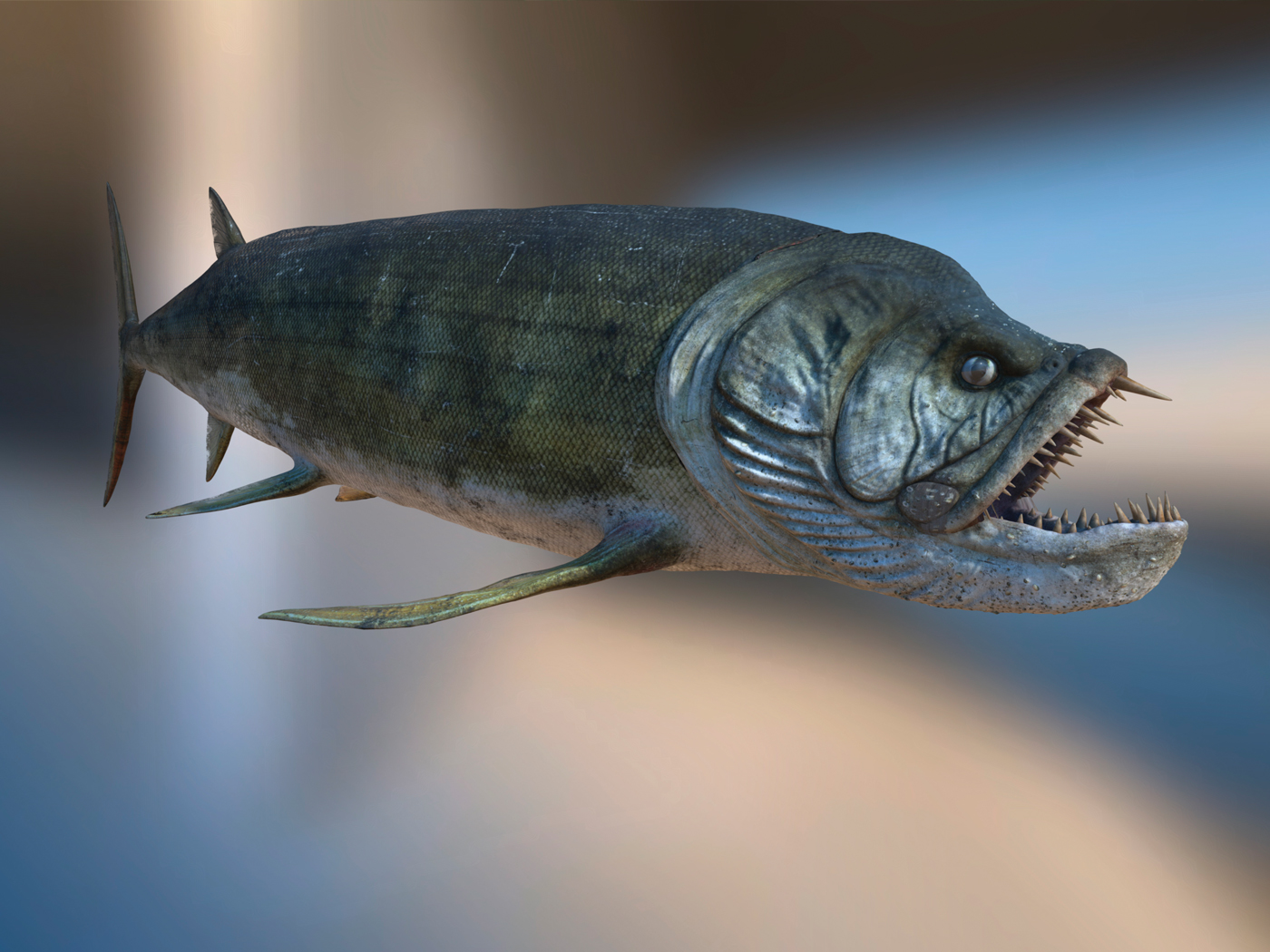Most people would probably agree that creative ideas drive innovation. Along with many others past and present, recently retired Apple co-founder and CEO Steve Jobs would certainly fall into the category of innovators. Around the time of his resignation in August 2011, the company responsible for the iPod, iPhone, and iPad had more available operating cash ($76.2 billion) than the U.S. government ($73.8 billion).1
But psychologists recently found that most of the same people who desire creativity are also biased against it, leading them to reject creative ideas before giving them a fair assessment. Could this explain why some also reject the idea of a Creator?
In a report scheduled to be published in the journal Psychological Science, Cornell University psychologist Jack Goncalo and two colleagues showed the results of two studies that compared what participants openly said about their views on creativity with how they reacted to novel ideas. The first experiment confirmed that participants showed "an implicit bias against creativity."2 Further, the "anti-creativity bias is so subtle that people are unaware of it."3
The second experiment investigated why the very person who says that he values new ideas can so often actually respond negatively to them…a situation the authors referred to as a "deep irony." The investigators found that if a new idea elicited feelings of uncertainty, it was perceived negatively. Their results confirmed that "the motivation to reduce uncertainty when problem solving can activate the creativity bias."2
Apparently, people tend to be governed by a deep-seated desire to maintain a sense of certainty. New ideas can trigger discomfort, since they introduce unfamiliar possibilities. The study authors cited research demonstrating that people have "a strong motivation to diminish and avoid"2 feelings of uncertainty. As a result, many will reject ideas that threaten feelings of certainty, regardless of whether or not those ideas have merit.
The study authors wrote:
Our results show that regardless of how open minded people are, when they feel motivated to reduce uncertainty either because they have an immediate goal of reducing uncertainty, or feel uncertain generally, this may bring negative associations with creativity to mind which result in lower valuations of a creative idea.2
Further, the feelings of uncertainty can arise from fear of failure, "perceptions of risk, social rejection when expressing the idea to others, and uncertainty about when their idea will reach completion."2
The idea of a Creator is often unwelcome to those who have assumed that God either does not exist or is not responsible for the origin of the world. Many scientists have been expelled from their jobs or research positions due to their willingness to entertain new and creative origins ideas that venture outside the dictates of evolutionary dogma.4 In light of Goncalo and his colleagues’ research, it could be that those who expelled such scientists feared risk to themselves and/or social rejection if they entertained possibilities outside those sanctioned by their hidebound associates.
Thus, perhaps the idea of a Creator is rejected not because it is a bad idea, but merely because it stirs feelings of uncertainty in the minds of those who have subscribed to evolution (whether or not the evidence supports it).
References
- Griggs, B. Apple now has more cash than the U.S. government. CNN Tech. Posted on cnn.com July 29, 2011, access August 31, 2011.
- Mueller, J. S., S. Melwani and J. A. Goncalo. 2011. The Bias Against Creativity: Why People Desire But Reject Creative Ideas. In press at Psychological Science.
- Catt, M. People are biased against creative ideas, studies find. Cornell University press release, August 25, 2011.
- Bergman, J. 2008. Slaughter of the Dissidents: The Shocking Truth about Killing the Careers of Darwin Doubters. Southworth, WA: Leafcutter Press.
* Mr. Thomas is Science Writer at the Institute for Creation Research.
Article posted on September 12, 2011.



















